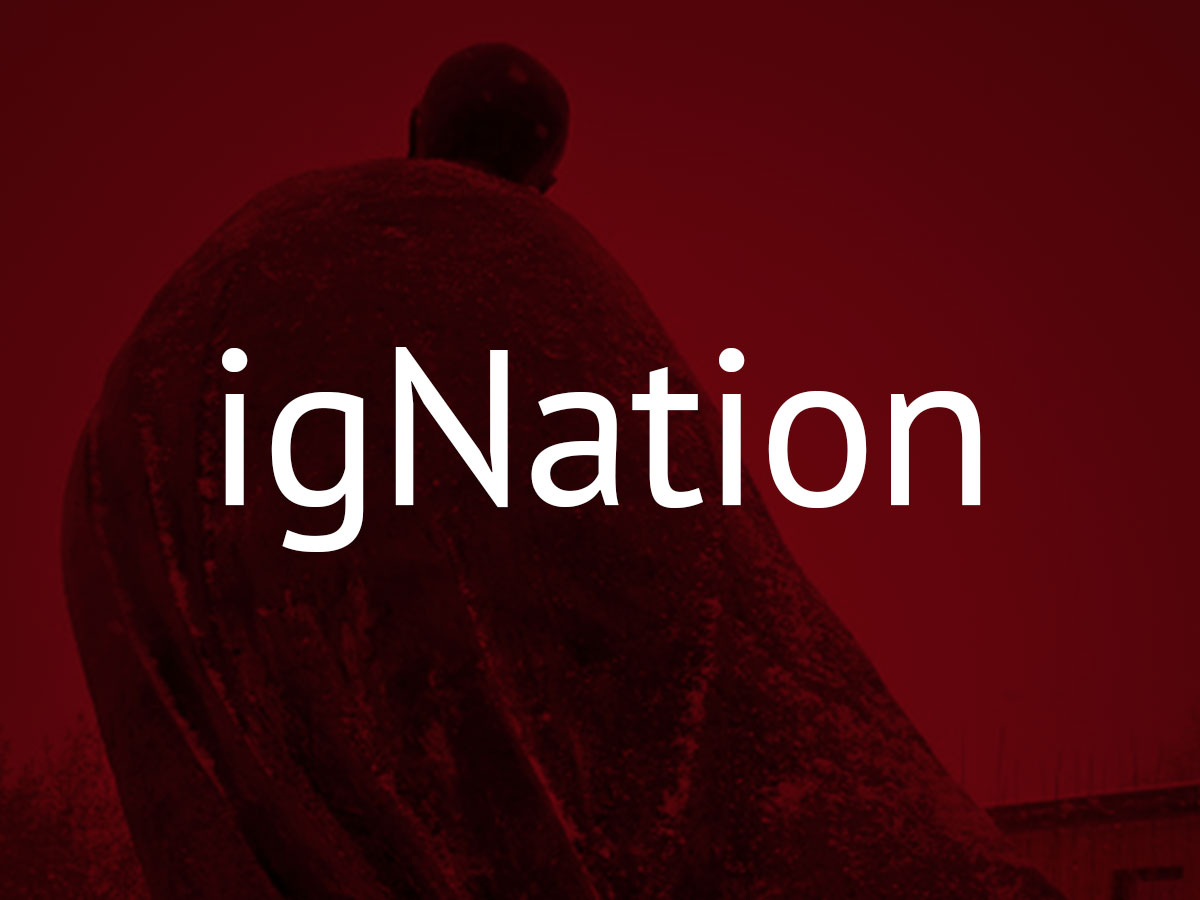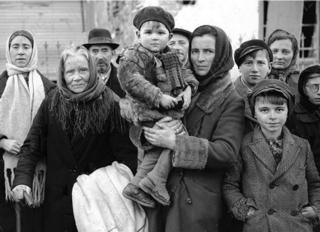The New Good Samaritans

 In Matthew’s gospel the third beatitude after the poor in spirit and those who mourn is “Blessed are the meek, they shall inherit the land.” “To inherit the land” is a clipped way of saying one is rooted, one has found a living space where one’s generations can find a home, a place of belonging. It is the desire of the refugee. To be sure such meek shall find a home in the Kingdom of God, in the eschaton when Christ returns to establish a new heaven and a new earth where all are once again united.. But until then what is to become of the dispossessed of our times, the refugees and the displaced?
In Matthew’s gospel the third beatitude after the poor in spirit and those who mourn is “Blessed are the meek, they shall inherit the land.” “To inherit the land” is a clipped way of saying one is rooted, one has found a living space where one’s generations can find a home, a place of belonging. It is the desire of the refugee. To be sure such meek shall find a home in the Kingdom of God, in the eschaton when Christ returns to establish a new heaven and a new earth where all are once again united.. But until then what is to become of the dispossessed of our times, the refugees and the displaced?
The Pope’s intentions for November asks that the countries which take in a great number of displaced persons and refugees may find support for their efforts which show solidarity. 
Those countries have become the new Good Samaritans. They have not barricaded their borders to prevent the pollution of their values, or to maintain their already strained national resources. They take the risk of being de-stabilized. of being taken advantage of. One wonders if the Good Samaritan did what he did because as a Samaritan in a predominantly Jewish culture he knew what it was to be marginalized, to be an outsider, never to belong. With always the wrong skin colour, the wrong accent, the wrong customs, the wrong dress. Always to be in the wrong place at the wrong time.
Countries do not take in refugees; people in countries do. And the people who do, be they the politician or the person on the street, all know at some deep and profound level that they are also strangers to themselves. They, like us, do not know ourselves; only God knows us all. And the spaces they inhabit are only theirs as gift. It does not belong to them. It belongs to God. And they have the responsibility of using that gift as God desires it to be used.
 This is not an issue of sentiment or of political expediency. It is a question of discernment. It asks the question, not who is my neighbour but more radically, “who am I?” It is when we discover the refugee, the displaced, and the homeless within our very selves —so that we feel in our very lives, how very far from home we ourselves are — that we can give the discerning support those other people in those other countries. They like us have recognized that the homeless have no borders. We are all one.
This is not an issue of sentiment or of political expediency. It is a question of discernment. It asks the question, not who is my neighbour but more radically, “who am I?” It is when we discover the refugee, the displaced, and the homeless within our very selves —so that we feel in our very lives, how very far from home we ourselves are — that we can give the discerning support those other people in those other countries. They like us have recognized that the homeless have no borders. We are all one.




No Comments